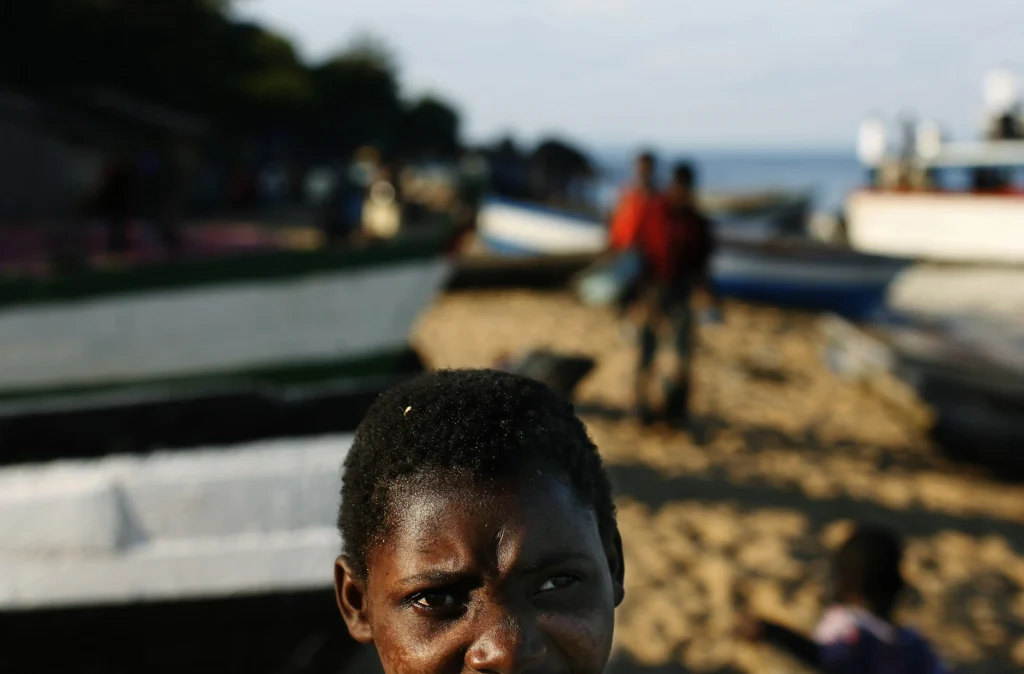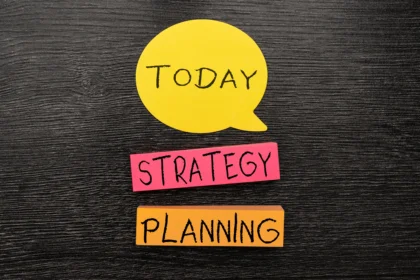Balancing social relationships through confrontation

When a situation gets out of hand, sometimes we think of physically confronting the issue, but confrontation is more than just violence, it is the capacity of absorbing violence and using peaceful methods to sort out differences.
The term confrontation as such opens up many interpretations. But did you know that it can be used as a sole mechanism to balance social relationships? It is quite careless to deny the positive well-intentioned powerful merit of confrontation. I prefer defining it as an argumentative means of problem solving rather than a hostile way of communicating or aggressive responding to a conflict or controversy.
It is true that perception varies. This applies when an individual uses confrontation to speak out about something or approaches a personal or social issue publicly. We have all used confrontative actions before. Ask yourself what was your approach? What results did it yield? Here is where the main trouble comes in: most people can’t help it but continue to think of confrontation exclusively as some sort of violent means of addressing opinions and differences.
Now, before we talk about the negative side of it, let’s discover the right way of applying not just the word confrontation. Confrontation can take place within an individual or between two or more parties. Individual confrontation, in my terms, could mean how one reacts against himself in the face of a problem, how they deal with stress, and anxiety.
I have witnessed how the wrong adaptation of confrontation can lead to continuous conflicts. Let me relate this to my personal experience. I am a very optimistic person, but that doesn’t mean I do not have low moods. My lowest moment was when I was rejected for a scholarship to study in Germany. Was it my fault?, I asked myself. I was so angry at myself that I began to see myself as a worthless person who could not achieve anything in life. I literally began to lose interest in many things. Yet, after two months of being bitter to myself, I then realized that I am more than what I have lost, and there is a lot more waiting for me. So, the least I can do is stay positive and seek further development for myself.
The power of an honest talk
In most cases, hassle is provoked by miscommunication, abusive language, and generally unfair treatment because of limited access to a service or something others have access to. Whenever violence is used to confront something, the response to it differs depending on the respondent. Some people will choose to face violence with violence, which later escalates the conflict and narrows room for resolutions. So, here comes the challenge: confrontation can serve as a pacific and honest conversation. In my experience, whenever an honesty- and violence-free method is used to confront something or someone, the end result will always be mutually beneficial.
The World Food Programme (WFP) supports refugees in the Malawi Dzaleka refugee camp. Due to limited funds, they decided to remove some households from the database of their recipients. According to a study they conducted, they found out that some refugees can do well on their own and others are way more vulnerable. Yet, among the expelled households were still many socially disadvantaged refugees. Thus, this analysis could have been the result of wrong sampling of data. Regardless of it all, the refugees in the camp staged a strike against WFP officers, which included grounding a WFP vehicle. After blocking the vehicle for several weeks, some advocacy NGOs came in as mediators to reach out and constructively confront WFP about their decisions to deprive some refugees of their assistance. After another evaluation, WFP reconsidered some families that had been excluded from their services.
This depicts the power of peaceful approaches over violent interaction. It also serves as a perfect example for another obligatory social intercourse. What would have happened to the refugee families that were removed from WFP services if they had continued to strategically use violence against WFP officials? Would they be reconsidered for the programme if it was not for that conversation? What would have happened in the camp if advocacy did not come in?
When confrontation is purely feisty, it decreases the chance of a dovish solution or resolution. For me, it is possible and to some extent even essential to be able to confront something or someone without using harsh methods. If individuals, communities, and countries engaged in honest conversations and discussions – you might call it diplomacy – to resolve differences and conflicts, the world would be a place where differences were put aside and similarities were embraced. And this is what we all need right now more than ever.
(Here you can find the German translation by Bianca Walther)

